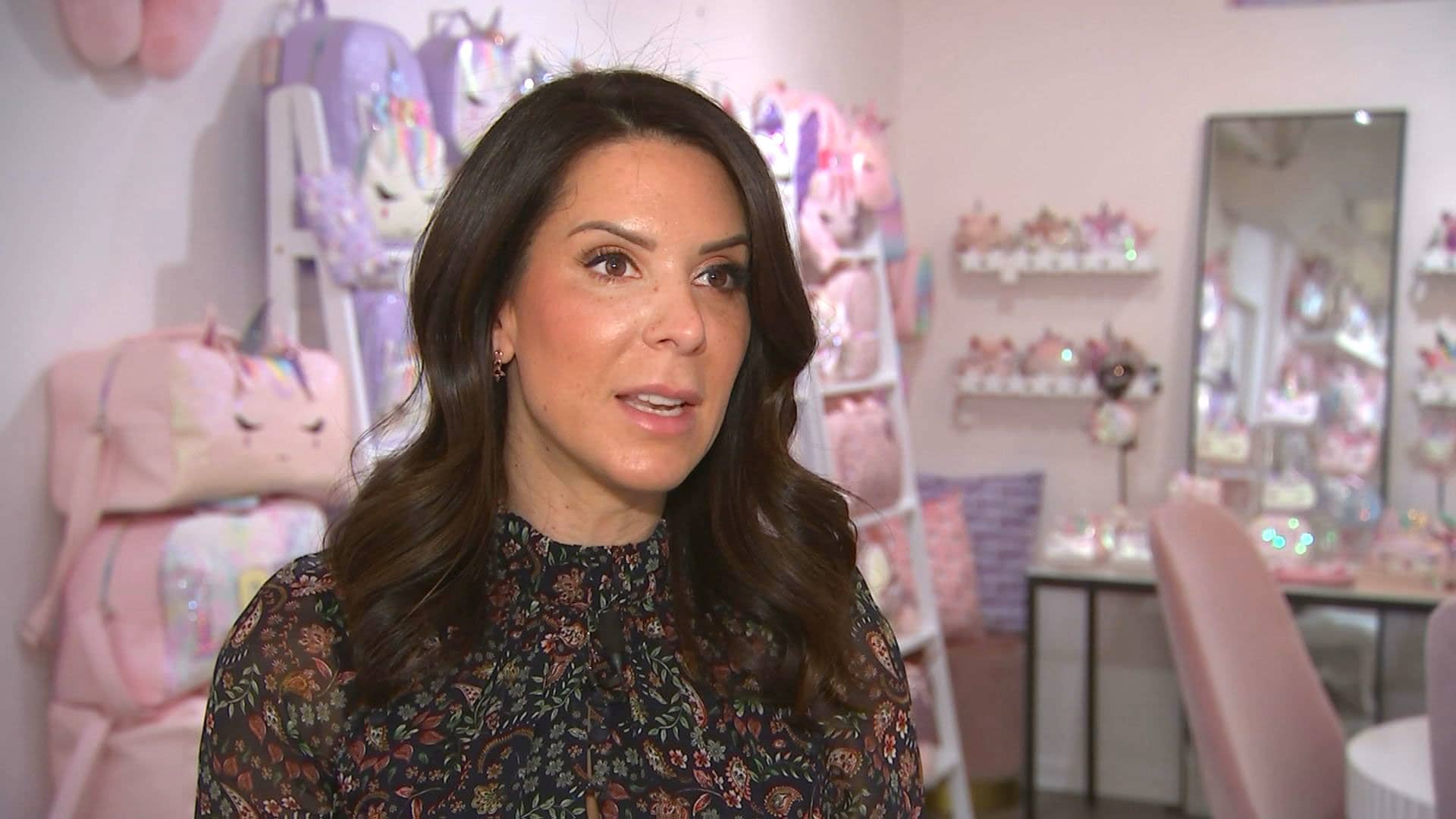Anne Harper, CEO of OMG Accessories, says many of the products she sells are made outside of Wuhan, where the coronavirus has been heavily concentrated.
CNBC
As the number of confirmed coronavirus cases and deaths around the world continues to rise, small business owners that import from China are on edge.
Kyle Kirshner has been doing business in China for several years, and knew to stock up on supplies ahead of the Lunar New Year. The owner of Kyndley sells outdoor products online via Amazon and imports 90% of his goods from China. He has about three months’ supply of items and right now is unable to order more of his most popular product, a backpack cooler, to sell online.
“We’re a little worried about that, because we are one of the best sellers on Amazon in that category,” Kirshner said. “I contacted my manufacturer today and their factories are closed right now.”
Kirshner expects his supply will be impacted within the next month if things don’t turn around. And if he doesn’t have product to list on Amazon, his rankings may drop.
“If we don’t have product, and we lose our ranking, then nobody can see our product and we won’t have any sales,” he said.
Charlene Anderson finds herself in a similar position. The owner of the Anderson Group works with distributors who import the products she sells on Amazon from China. She’s been selling arts and crafts supplies on the site for nearly two decades, working as a solo entrepreneur. She keeps just 30 days’ supply stored in Amazon’s warehouses, due to costs, and an additional 30 days’ worth in her office. But in two months, if she can’t access imported goods from China, she’s going to have to get creative.
“I am getting information now from my distributors in the U.S. that they will be delayed in importing from China … if we can’t get more, we can’t get more,” Anderson said. “I am in a better situation than many Amazon third-party sellers in that I source products from many places besides China, including the U.S., U.K., Germany, India, Israel and more. If I had only products from China, I would be in a much more precarious situation.”
Anderson is based in Jackson Hole, Wyoming, and like Kirshner, her main concern is running out of product to list on Amazon.
“You lose ranking and momentum if you go out of stock — there’s no mechanism to say I am backordered until a certain date,” she said. “This is my whole income stream, and I’m not in big trouble yet. But if I can’t reorder, it will be a bit worrying.”
The coronavirus outbreak comes at a time when small business optimism, by several measures, continues to be strong.
In fact, the National Federation of Independent Business cited coronavirus concerns in its latest read on small business optimism released last week, noting that the biggest risk to the record run of optimism being experienced right now nationwide is the global implications of the deadly outbreak. The Federal Reserve is monitoring the situation, as are advocacy groups like the NFIB.
Kyle Kirshner, owner of Kyndley
CNBC
OMG Accessories is a lifestyle brand for kids that imports most of its signature unicorn backpacks and accessories from China. Anne Harper, its CEO, said the items are made outside of Wuhan where the virus has been heavily concentrated, and she was sure to stock up ahead of the Lunar New Year, like Kirshner.
While Harper has enough supply to last her through her busiest time, the back-to-school shopping season, her factory reopening date keeps getting pushed back, and is now set for the end of this week.
“I communicate every day with my overseas partner,” Harper said. “We are day-to-day following up and making sure everything is moving along. We’re just hopeful that they will find a solution to the outbreak.”
It’s another blow for U.S. importers in recent years, after dealing with port closures in Los Angeles and tariffs, which Harper continues to face on imported handbags — the bulk of her business.
“As a business owner, I just have to do my best to take whatever comes our way and work through it as a company,” she said. “We’ve continued to grow every year, regardless of the tariff situation or port strikes, we’ve always managed to get ourselves out of that situation and make the best of it.”
